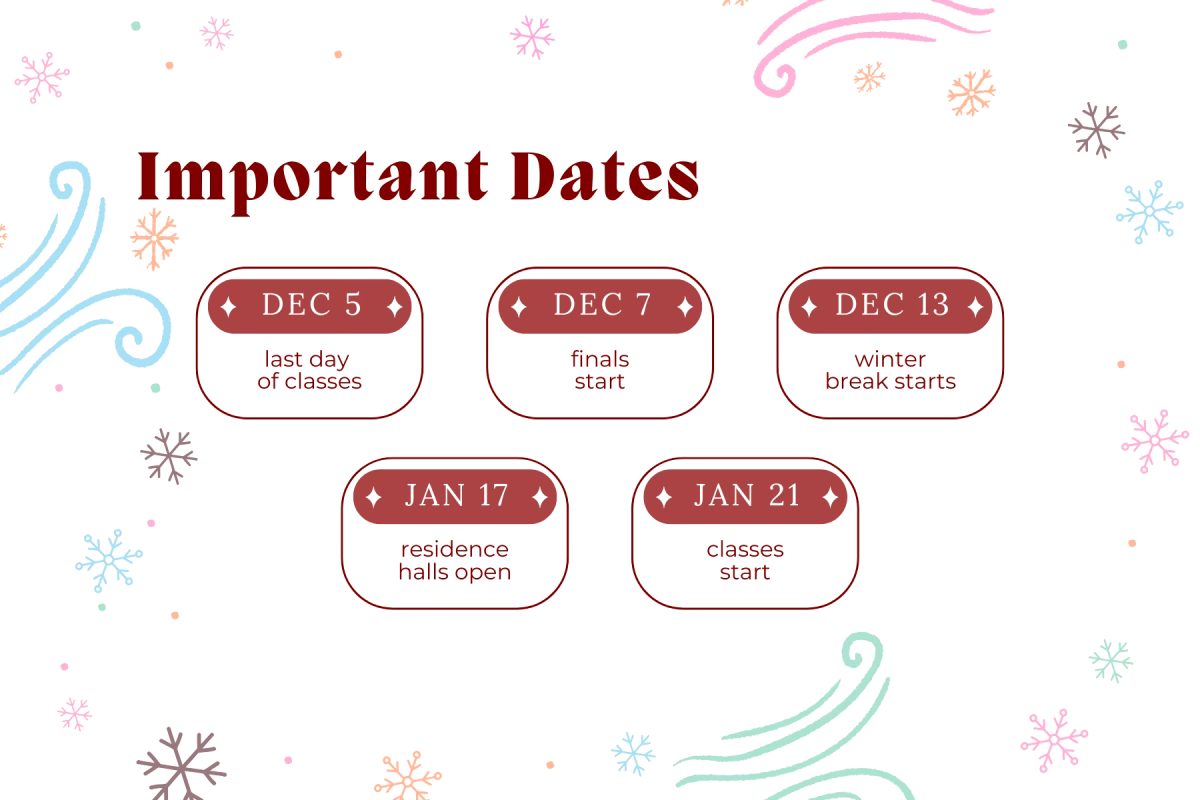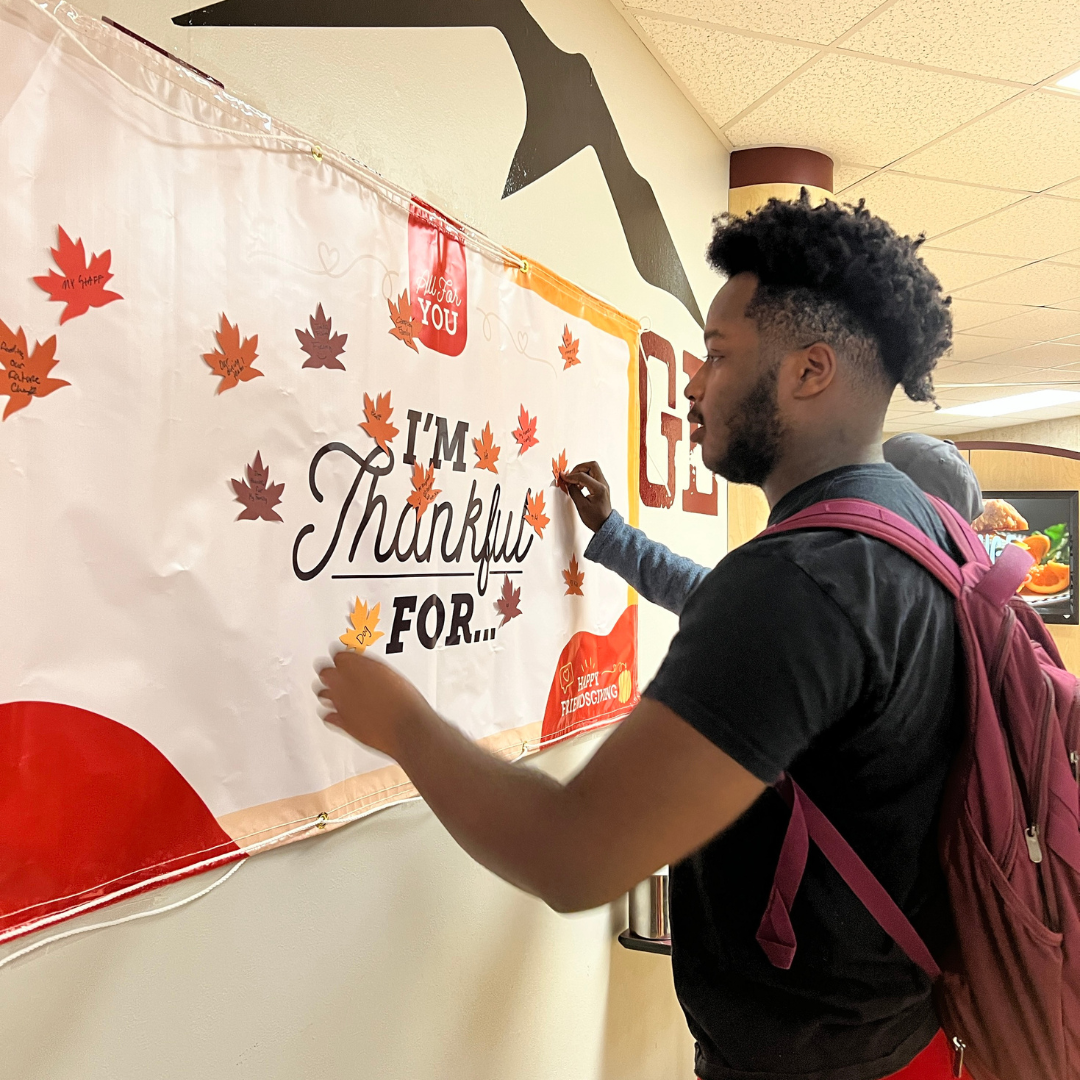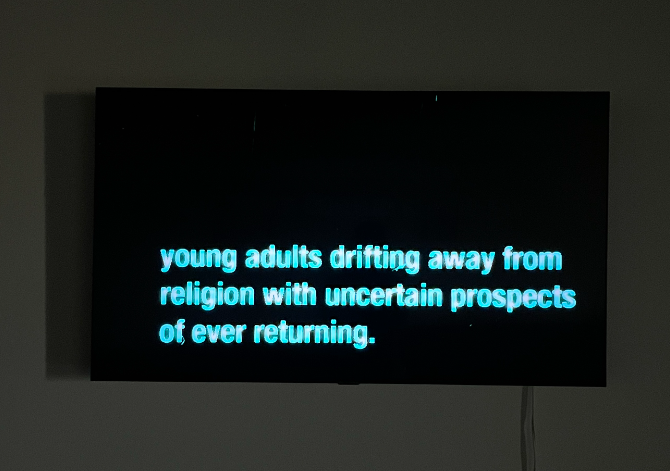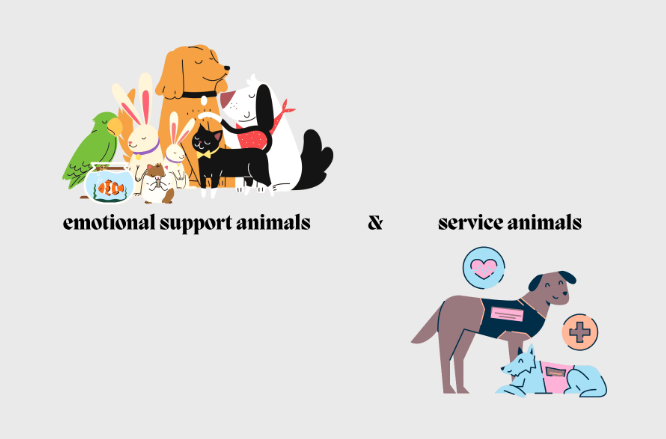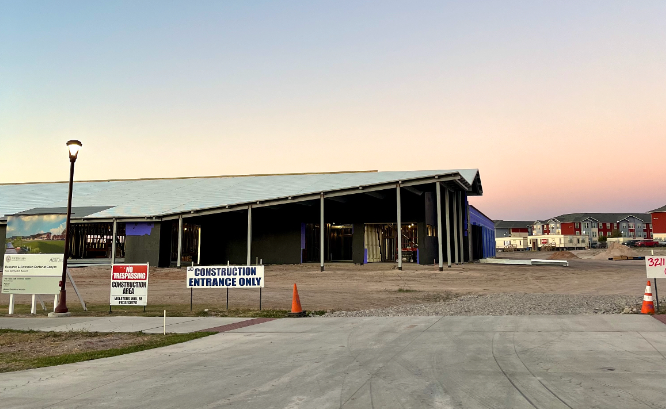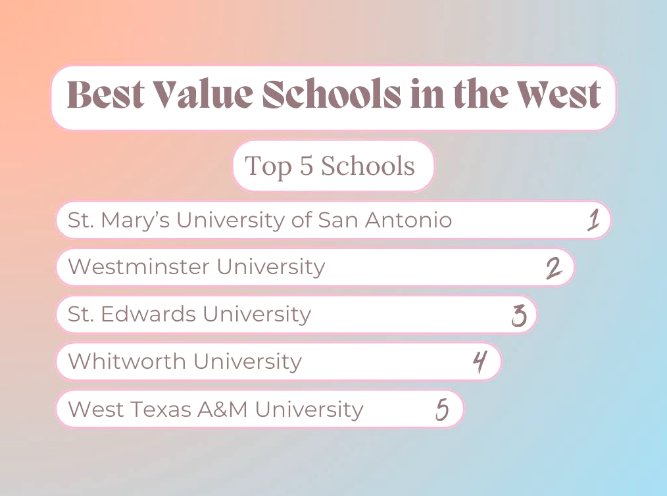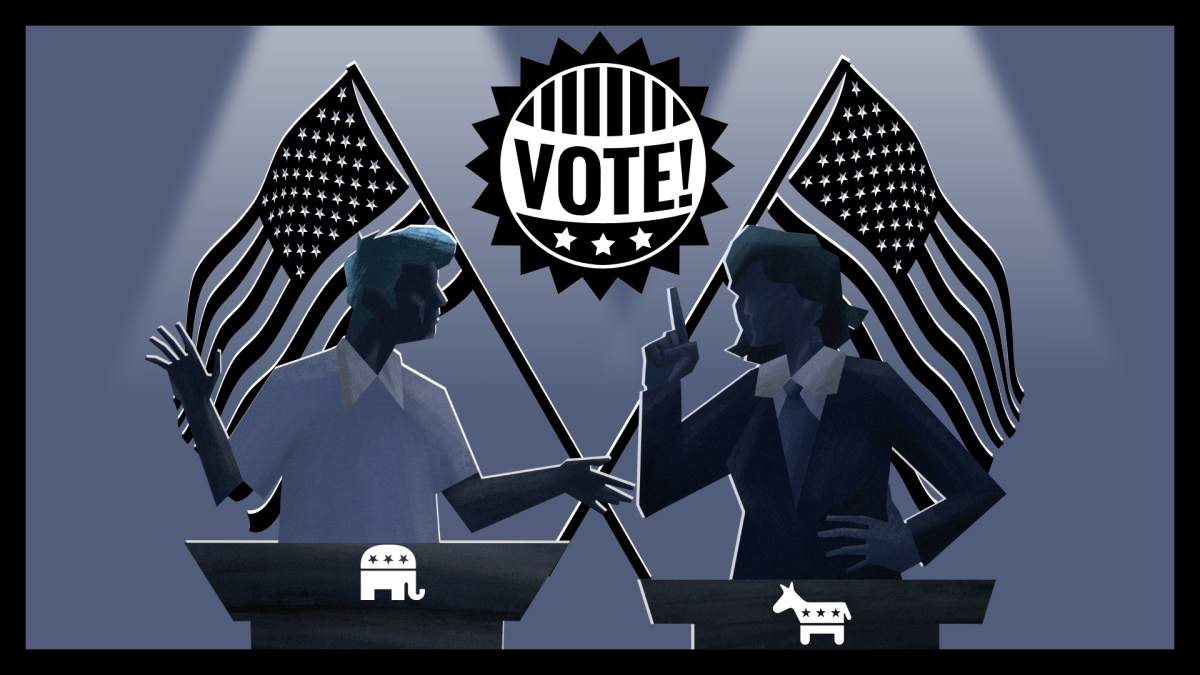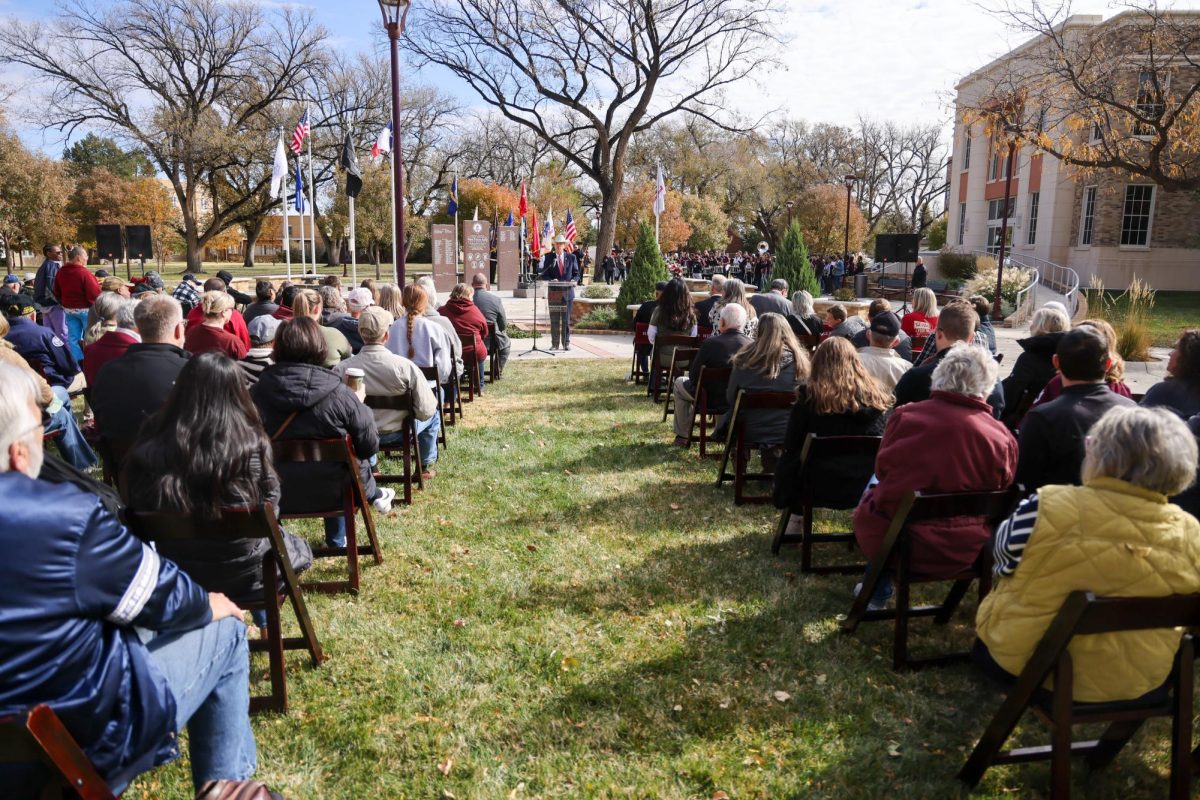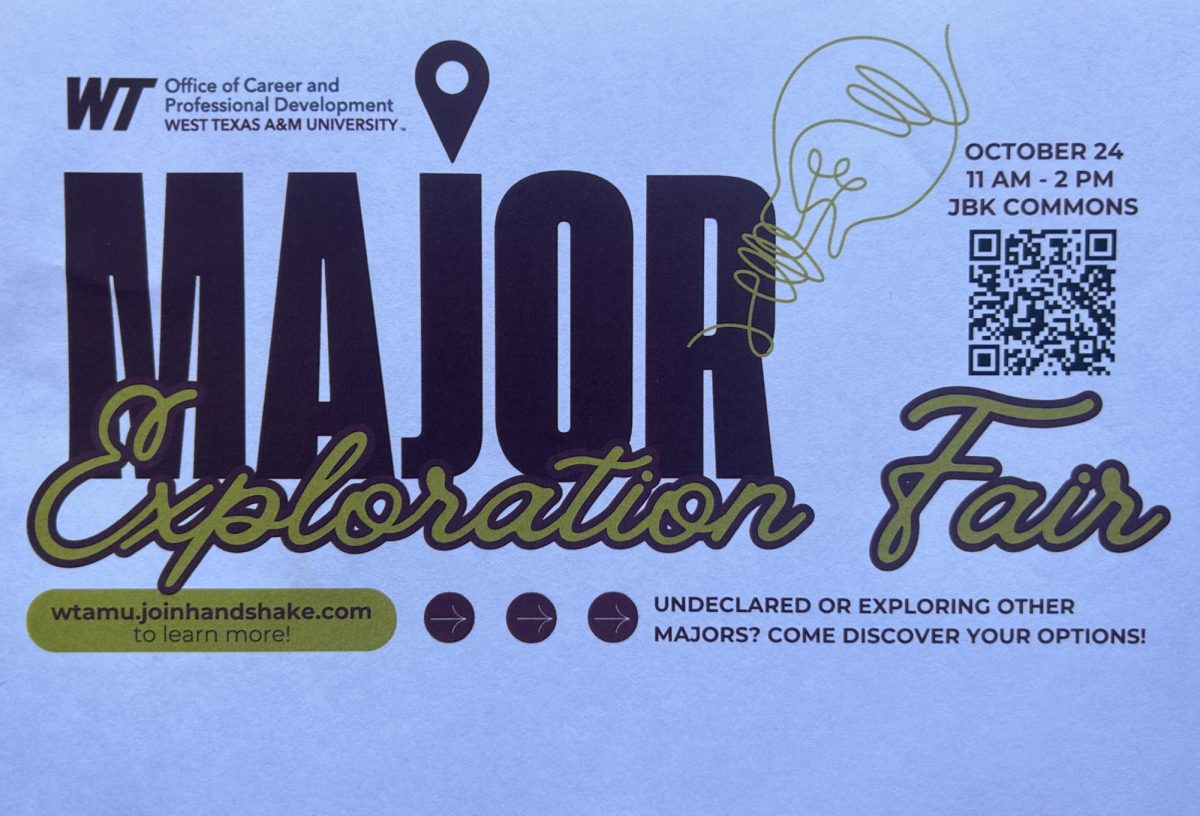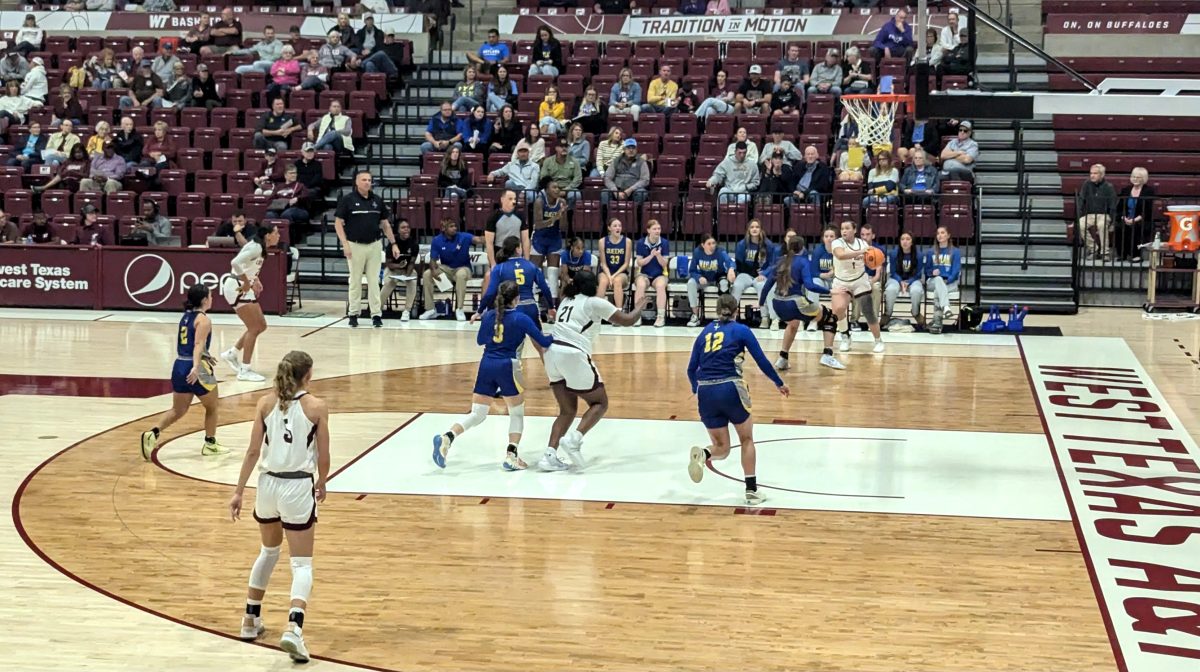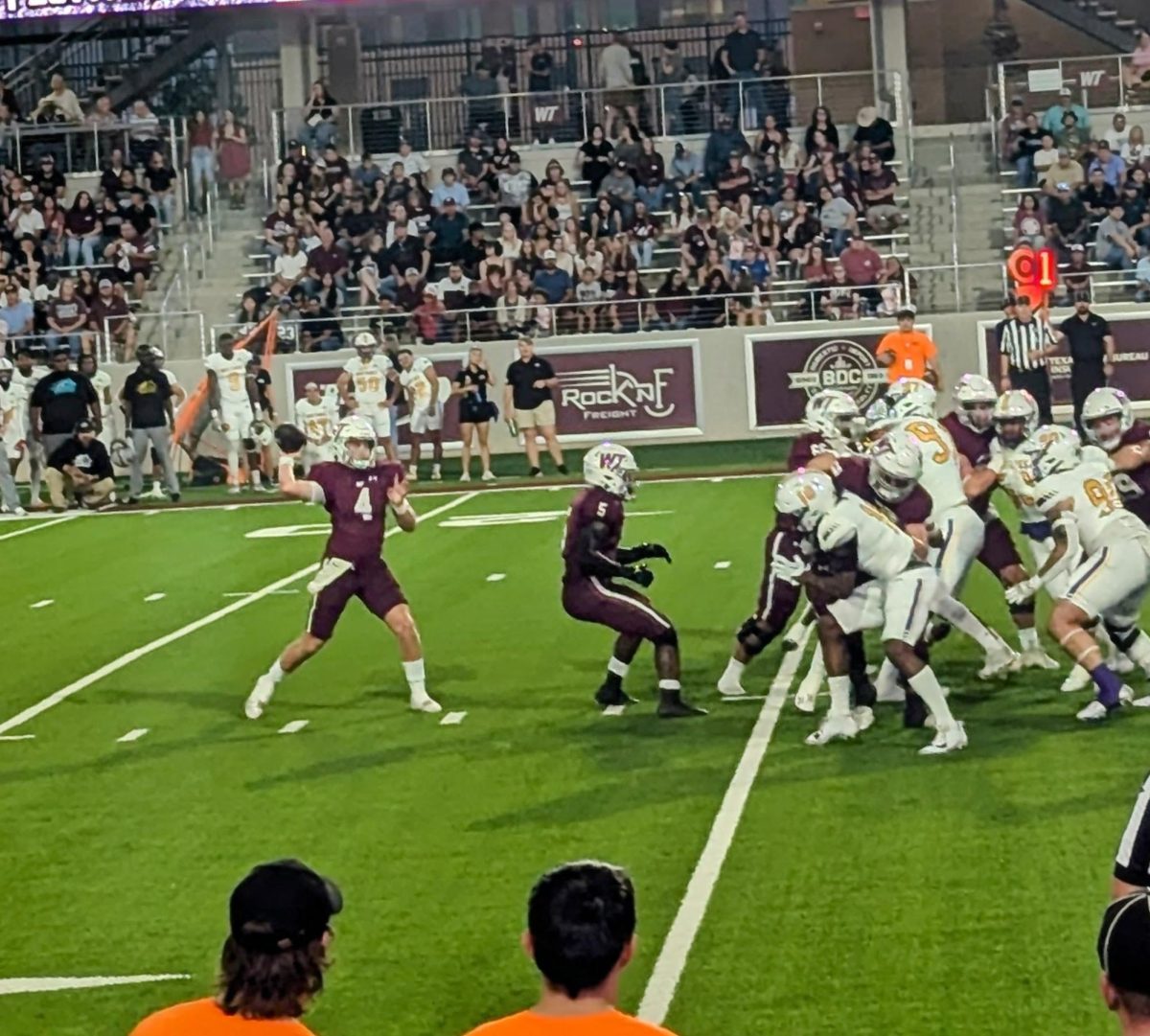Racism and discrimination was just one discussion topic touched on during the third annual Social Justice Leadership Conference at WTAMU.
The conference took place on March 23 in the Alumni Banquet Facility and captivated the attention of students who participated in activities and workshops on the diverse aspects social justice brings.
“The purpose of the conference is to introduce students to the diverse issues of social justice,” Dr. Maritza DeLaTrinidad, assistant professor of History, said. “Social Justice means giving everyone, as a member of the community, a voice and a chance to be successful.”
Success in a diverse atmosphere was mentioned, but was not the focus for some sessions.Associate Professor of History Dr. Martin Kuhlman emphasized the history of race relations at WT and its present efforts of promoting diversity during the “Race Relations at WTAMU: Where Are We Now?” workshop.
“I think to understand [integration at WT] we need to look at the background,” Kuhlman said. “It’s interesting to look at how WT has evolved and how there are things we must recognize.”
What interested Behavioral Science major Robin Curtis the most was the effects that diversity can have on bilingual groups in American society today.
“I came in with [thinking] we should just speak English in this country and I now have a wider view of why [speak] the different languages,” Curtis said.
Other sessions concentrated on stereotypes in the workplace, issues in immigration and the effects social media can have during rapid globalization and social changes in the world.
Though each session had its own unique perspective, all tried to maintain a constant theme of social issues in the world and ways students today can help deliver equal opportunities to all ethnicities and culture groups.
“Everyone should have the same rights,” Jilian Youree, a senior Social Work major, said. “Everyone should have the right and respect of diversity because we’re all different.”
Trinidad said it was important to know your own social views and realize why others see the world differently.
“We need to learn about our differences and we need to look at our own biases and our own educational backgrounds because we all come from different backgrounds and our own experiences filter how we see the world,” Trinidad said.



